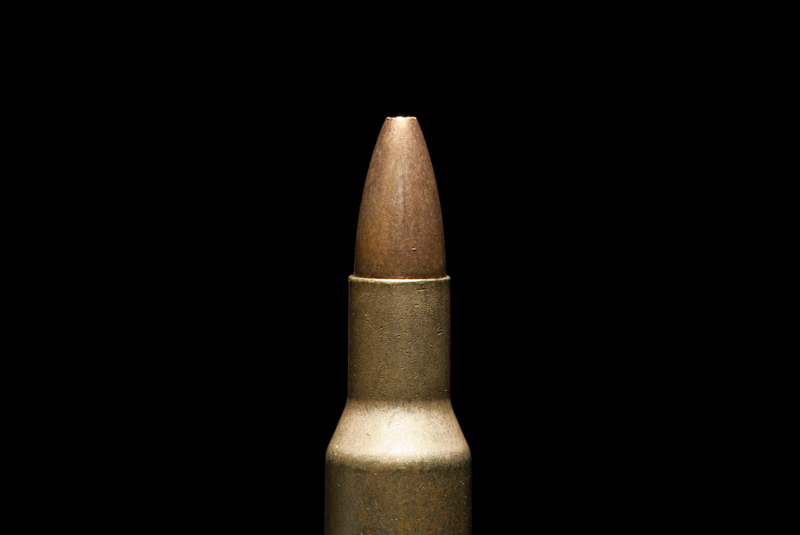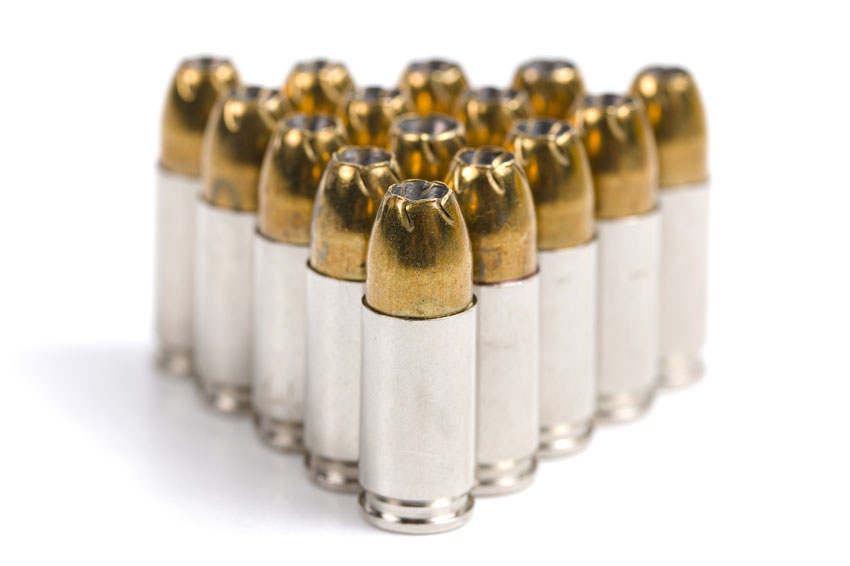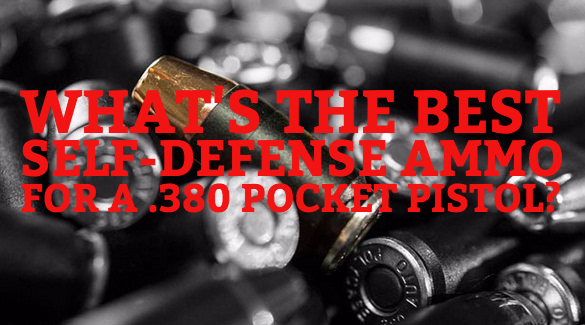As a gun owner, you (likely) know how important regular practice with your firearm is. Using a firearm effectively and as safely as possible (meaning that your shots only hit and injure who you are needing to defend against and no one else) requires that you know how to effectively deploy your firearm and that your shots are accurate.
That requires practice.
And, even if you supplement your range time with dry fire practice, you still need time at the shooting range because dry fire can’t simulate the full shooting experience with the recoil when a bullet or shell is fired. Regular time at the range is vital for your effectiveness and safety.
But aside from taking into consideration the current ammunition cost and needing eye protection when at the range, many people who haven’t shot at a range, especially an indoor range, don’t realize how loud gunfire can be. So, you also need ear protection, but with so many options to choose from, which ear protection should you buy and use?
Fortunately, a writer named Taylor Abney has provided information about what to consider when choosing ear protection for the range. Abney writes,
STYLES: MUFFS OR PLUGS?
First, decide what style you want – muffs or plugs. Each has a list of pros and cons, so it is truly a personal preference. Muffs wrap over the head and are very easy to take on and off. They’re also often better at screening out higher frequency sounds. One size typically fits all, and they are very durable. The major drawback is interference with cheek weld, glasses, and hats. I’ve also found muffs can put a lot of pressure on your head, which can cause aching over time. On hot days, the sweat factor is less than desirable.
Plugs do not interfere with any other gear, are compact, and highly effective. They are, however, size-specific to fit and work best. Plugs also have the nasty disadvantage of being easy to drop in the dirt, picking up every bit of sand or getting lost.
Everyone has their preferences and reasons. Personally, I’ve shot in a lot of competitions, including rifle, pistol, and shotgun matches all over the country. This has led me to prefer muffs for louder guns (double plugging with in-ear and over-ear) and for colder weather. Muffs are also ideal for shooting environments where you might take your ears off regularly. For warm weather and long days, plugs are more comfortable. Since I have a very small head, they also do not interfere with cheek welds on long guns, unlike muffs.
ELECTRONIC OR NOT?
Starting with the most basic, passive protection is both inexpensive and effective. They work very well and have a low price tag. It’s easy to try several pairs without breaking the bank.
The advantage of electronic ear pro is the ability to better hear the environment around you. The nifty ability to connect to Bluetooth, listening to music during downtime or practice sessions, is a huge bonus. When I started as a range officer, electronic ears became a must to hear range commands, shooter questions, and everything that’s going on. This can be a big safety feature. Electronic ears do come with a higher price tag, and the sound can leave you frustrated if the quality is low.
So, the answer as to what hearing protection that you should get for your range time really depends on your personal preferences and situation. But, with Abney’s advice, you should be able to narrow down your choices to only the part of the market that does what you want and fits you.

![Case Study: Defensive Gun Use [Video] NSFW](/wp-content/uploads/2025/07/Depositphotos_282075792_S-218x150.jpg)

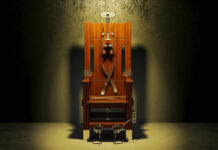

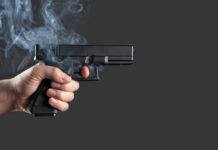

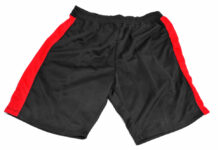
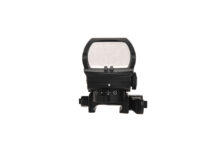
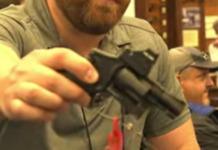
![What Level Holster Should You Be Using? [Video]](/wp-content/uploads/2024/04/Depositphotos_44548439_S-218x150.jpg)


![How Many Shots Will It Take? [Video]](/wp-content/uploads/2025/06/Depositphotos_2724272_S-218x150.jpg)

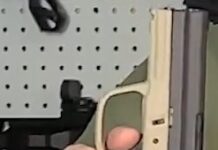
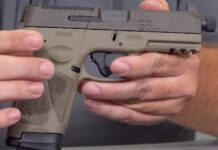

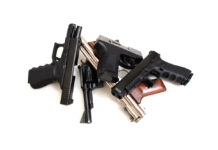

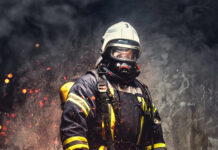

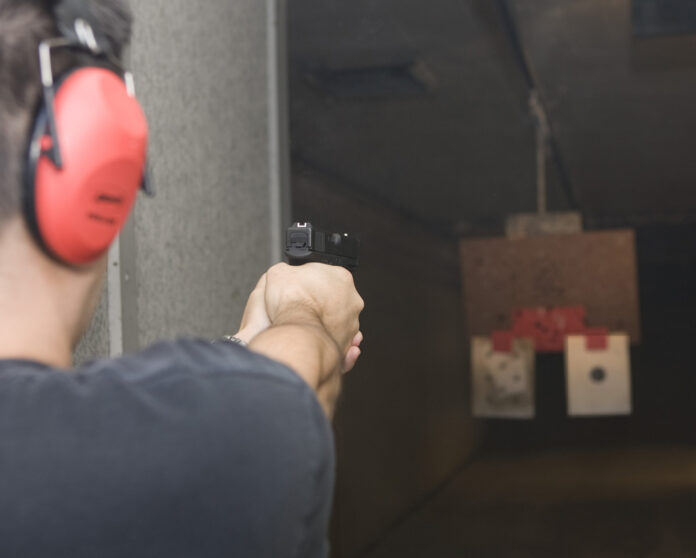


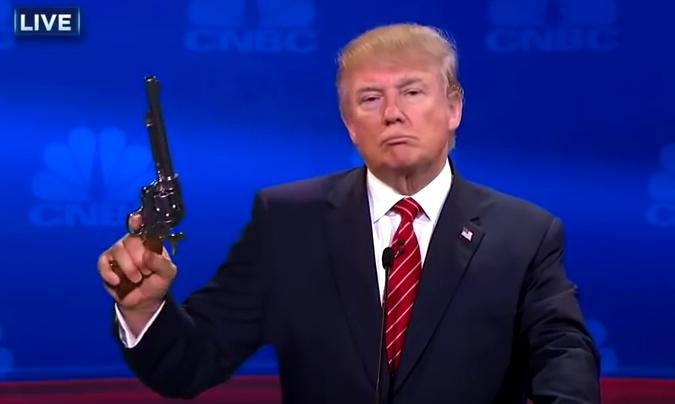







![Optic Ready vs Milled slides? [Video]](/wp-content/uploads/2024/02/image-3-100x70.png)
![[Checklist] What Gear You Need To Take Pistol, Rifle & Shotgun Training Courses [Video]](/wp-content/uploads/2023/07/Depositphotos_275087632_L-100x70.jpg)
![What is in Carter’s 2023 EDC? [Video]](/wp-content/uploads/2023/07/Depositphotos_146856137_L-100x70.jpg)
